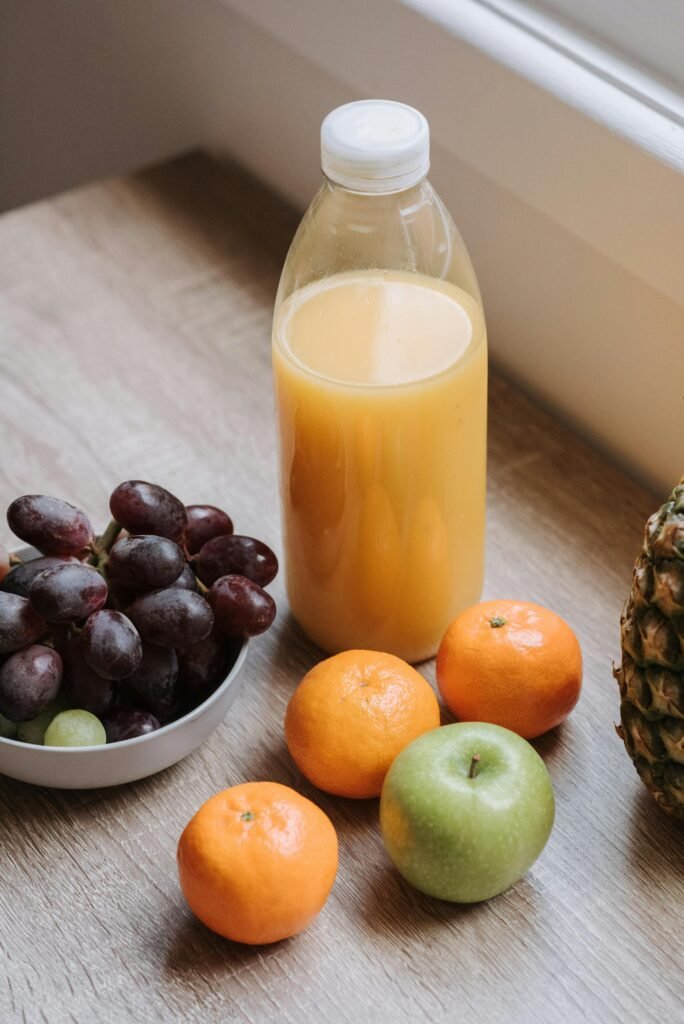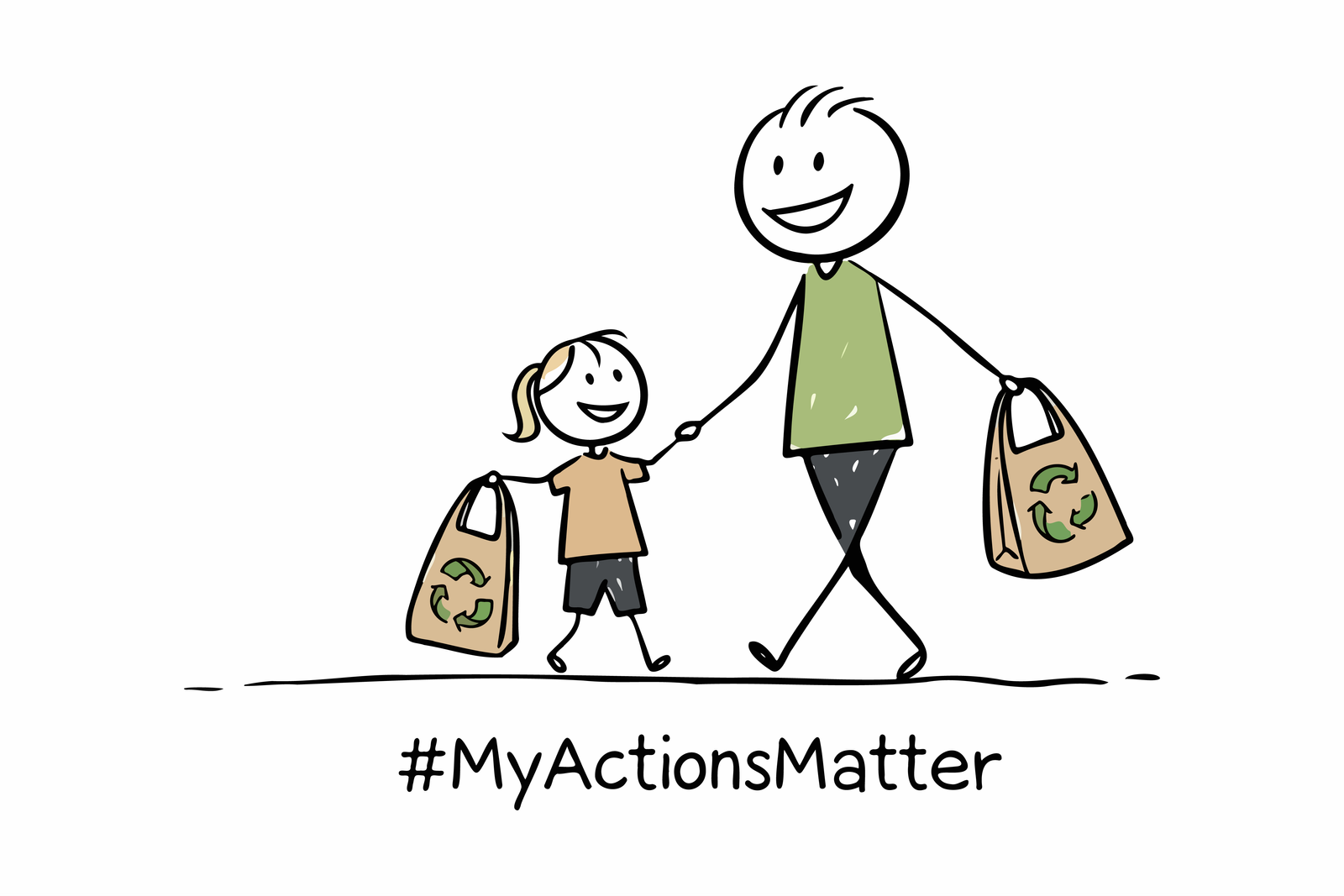Meet Quercetin, one of those words you probably don’t know, but should. This superstar is an antioxidant that’s packed with benefits for the whole family.
What is Quercetin?
Quercetin is a flavonoid, a type of plant compound found in fruits, veggies, and herbs. It’s a powerful antioxidant that helps protect cells from damage, reducing inflammation and promoting overall well-being. It has been shown to have potential benefits in over 100 health conditions.
Fun Fact! Quercetin is named after the oak tree (Quercus spp.), where it was first discovered.
Natural Benefits
Anti-Inflammatory: Soothes allergies, asthma, and skin issues.
Antioxidant: Shields cells from damage, boosting immunity.
Cardiovascular Health: Supports heart health and lowers blood pressure.
Anti-Cancer Properties: Inhibits cancer cell growth.
Brain Health: Enhances cognitive function and memory.
Benefits for the Whole Family!
Kids: Supports healthy growth, immunity, and focus.
Adults: Boosts energy, reduces stress, and promotes overall wellness.
Seniors: Helps maintain cognitive function, heart health, and mobility.

Common foods that are rich in quercetin
Fruits
Apples: Quercetin is found in the skin of apples, particularly in the Granny Smith variety.
Berries: Cranberries, blueberries, raspberries, and strawberries are all good sources of quercetin.
Grapes: Quercetin is found in the skin of grapes, making red wine a good source.
Pomegranates: Pomegranate juice and extracts are rich in quercetin.
Vegetables
Leafy Greens: Spinach, kale, and collard greens are all good sources of quercetin.
Onions: Onions are one of the richest sources of quercetin, particularly the red and yellow varieties.
Garlic: Garlic contains quercetin, although in smaller amounts than onions.
Mushrooms: Certain types of mushrooms, such as shiitake and portobello, contain quercetin.
Nuts and Seeds
Almonds: Almonds are a good source of quercetin, particularly the skin.
Pumpkin Seeds: Pumpkin seeds are a rich source of quercetin.
Beverages
Green Tea: Green tea contains quercetin, although in smaller amounts than some other foods.
Red Wine: Red wine, particularly those made from the skins of red grapes, contain quercetin.
Other Foods
Dark Chocolate: Dark chocolate contains quercetin, particularly those with high cocoa content.
Olive Oil: Olive oil, particularly extra-virgin olive oil, contains quercetin.
Remember to consume a variety of whole foods to reap the benefits of quercetin.
FUN FACT: Capers are the richest source of quercetin!
Recipes
Quercetin Refresher
– 1 cup pineapple juice
– 1/2 cup coconut water
– 1 tablespoon honey
– 1/4 teaspoon quercetin powder
– Blend and serve

Quercetin Chicken Salad
– 1 cup cooked chicken
– 1/2 cup chopped onion
– 1/2 cup chopped apple
– 1/4 teaspoon quercetin powder
– Mix and serve
Quercetin Berry Sorbet
– 1 cup frozen berries
– 1/4 cup honey
– 1/4 teaspoon quercetin powder
– Blend and freeze

Where to Buy Quercetin Supplements
1. Health food stores
Tips
- Start with small amounts of quercetin powder and adjust to taste.
- Combine quercetin-rich ingredients for enhanced benefits.
- Consult a healthcare professional before using quercetin supplements.
Tips and Precautions for Quercetin Supplements
1. Consult a healthcare professional before taking supplements
2. Start with small doses (500-1000 mg) and adjust as needed.
3. Combine with vitamin C for enhanced absorption.
4. Avoid excessive intake (over 2000 mg) due to potential interactions.
5. Pregnant or breastfeeding? Consult your healthcare provider.




